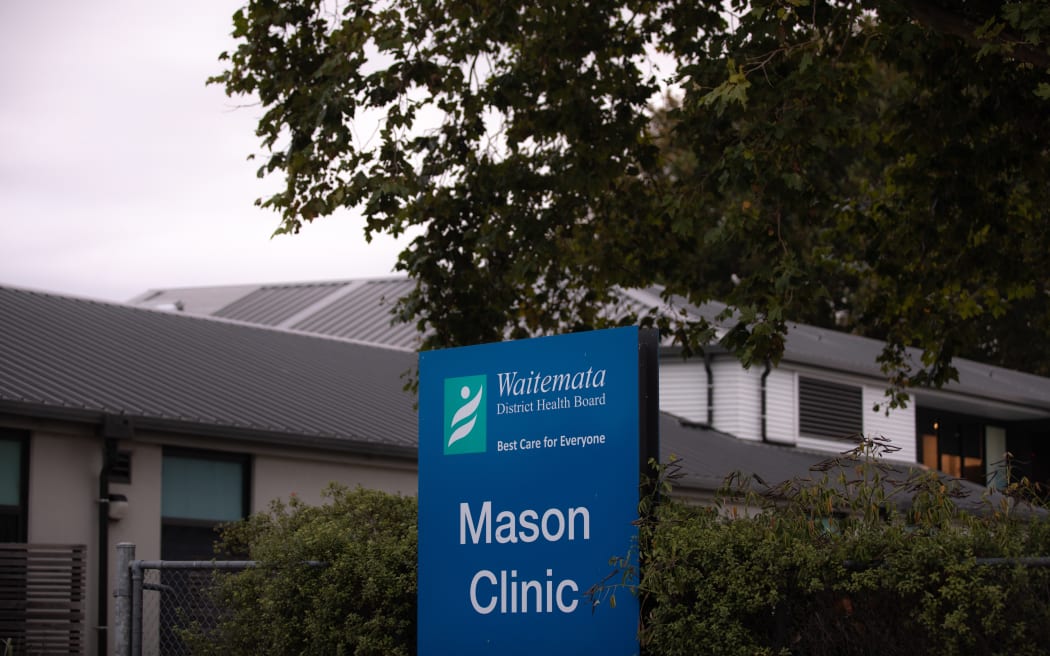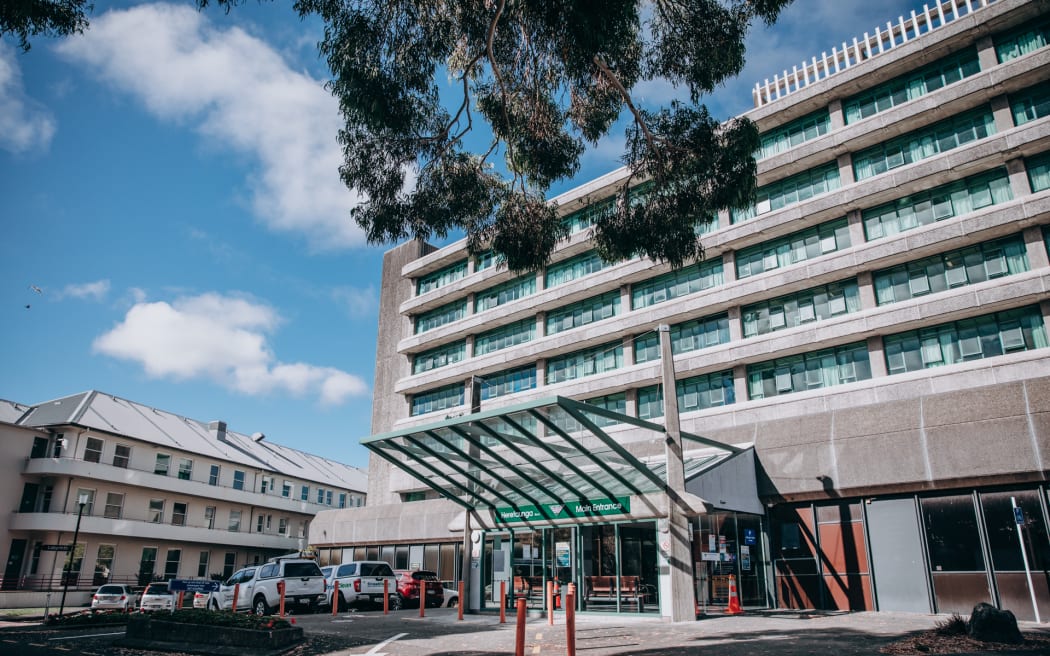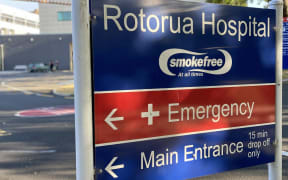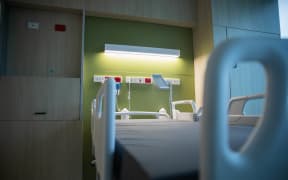
Regional Forensic Psychiatric Services (Mason Clinic) is a secure unit, located in Point Chevalier, Auckland Photo: RNZ / Cole Eastham-Farrelly
A ward at the Mason Clinic mental health facility was only fully staffed for six shifts last year, according to a nursing union.
The Nurses Organisation has released a report based on Te Whatu Ora data about 2023 nursing levels in hospitals.
Across the system, a quarter of all shifts were understaffed, but some areas fared much worse than others.
The Tane Whakapiripiri ward at Auckland's Mason Clinic was the most understaffed in the country, and did not have enough nurses over 99 percent of the time, the report said.
Another was not far behind on 98 percent, while mental health wards at Hutt Hospital and Porirua also had more than 90 percent of shifts understaffed.

Hutt Hospital mental health ward had more than 90 percent of shifts understaffed last year. Photo: RNZ / Dom Thomas
The union said children's health was also far too low in nurses.
The worst example was the newborn intensive care at Christchurch Hospital which was understaffed 79 percent of the time.
Another paediatric ward there was understaffed close to 70 percent of shifts, as was one at Auckland's Starship.
The Nurses Organisation said the data showed there were still too few nurses.
It said where there were not enough on any shift the safety of patients and staff was put at risk and it urged the government to fund health properly.
The data was from 540 hospital and public health wards, it said.
Te Whatu Ora's acting director of hospital services Christine Lowry said the data reflected the known workforce shortage in New Zealand and around the world.
"We are extremely conscious of the impact of these shortages, on patients, nurses themselves and the wider health system. We understand the risks very well," she said.
But, the health agency has made "significant headway" in addressing the problem - pay was increased last year and with the hospital vacancy rate down to six percent in December last year, she said.
Many of the vacancies were in specialist areas, she said.
The Nurses Organisation said there was also significant understaffing in cancer wards, some were fully staffed only half the time.
Many surgical wards also had high levels of understaffing, a likely contributor to the growing wait lists for surgery around the country.





